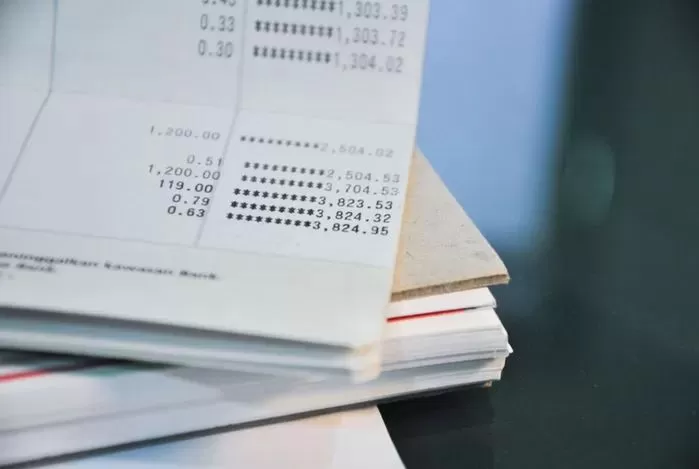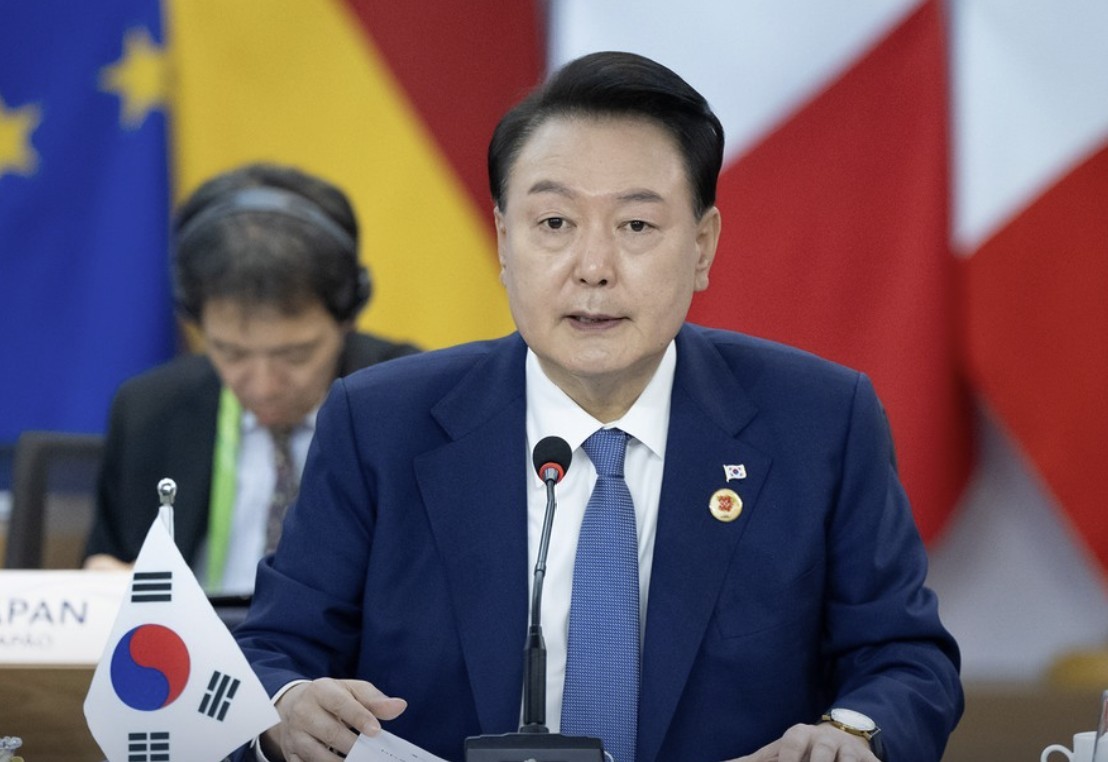Household loans in the Republic of Korea are a serious issue.
According to recent statistics, the average per capita loan balance has increased for six consecutive quarters, nearing 90 million won.

This marks the highest level since relevant statistics began in 2012. Compared to last year, the per capita loan balance has increased by nearly 2 million won.
Notably, despite the fact that the number of borrowers at the end of the fourth quarter last year was the lowest since the fourth quarter of 2020, the total loan balance continues to rise steadily.
This trend has persisted since the third quarter of 2020, and recently, it has continued to increase since the end of the first quarter of last year.
When examined by age group, the average bank loan balance for those in their 40s and those under 30 reached an all-time high.

In contrast, the average loan balance for those in their 50s decreased slightly compared to the end of the previous quarter, and those aged 60 and above also showed a declining trend.
Specifically, the loan balances for these two age groups decreased by approximately 100,000 won and 470,000 won, respectively, compared to the previous quarter.
This increase in household loans could have various impacts on the economy as a whole.
Particularly, if external factors such as interest rate hikes or economic downturns are added, the financial burden on households is likely to increase. Therefore, financial authorities and policymakers need to devise proactive measures to address these issues.
Image source: Material photos for better understanding of the article / News1, Material photos for better understanding of the article / gettyimagesbank


